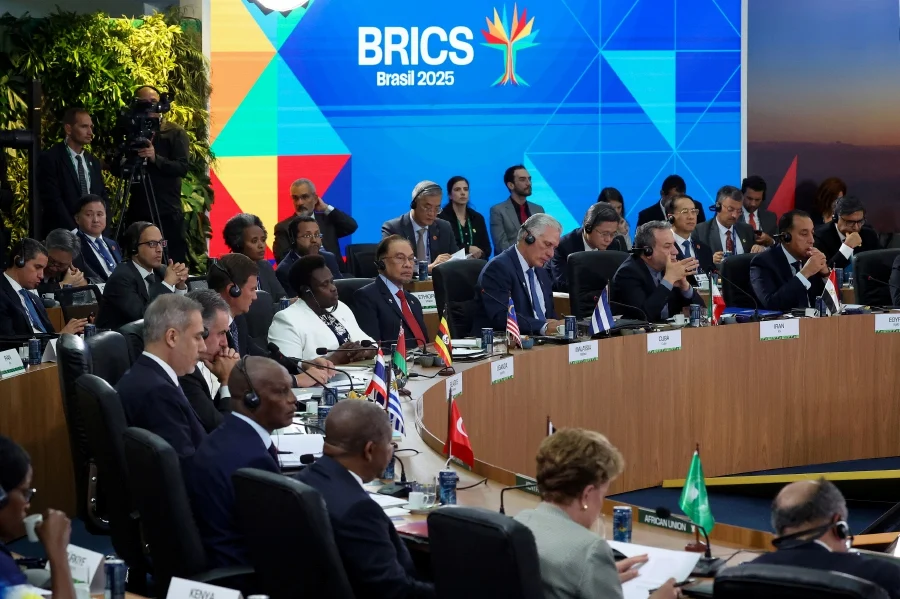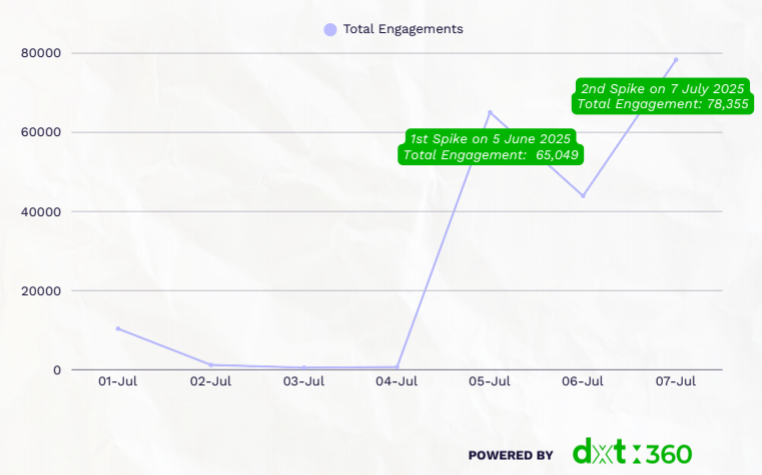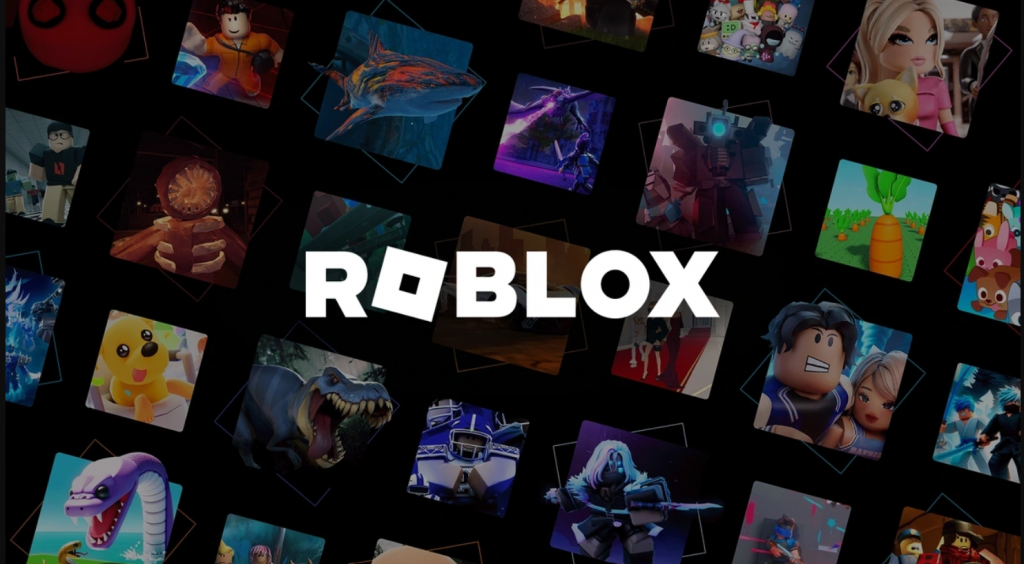Between 1 and 7 July 2025, Malaysia’s participation in the BRICS Summit generated significant attention online — with 4,881 mentions and over 200,100 engagements recorded across platforms. The spike in conversation revealed how a diplomatic milestone can spark heated domestic scrutiny, particularly when perceived to be out of step with public sentiment.
BRICS originally began as the ‘‘BRIC countries’—’—BRICS Brazil, Russia, India, and China—before South Africa joined, transforming the group into BRICS. These founding countries formed the core of the BRIC nations, which have since expanded to include other emerging economies. Together, BRICS countries represent a significant portion of the world’s population, underscoring their demographic and economic influence.
The annual BRICS Summit is presided over by the BRICS heads, with the BRICS presidency rotating among member states. BRICS leaders set the agenda for each summit, shaping the bloc’s priorities and direction.
Central to the discourse was a viral image of Prime Minister Anwar Ibrahim, captured reading BRICS documents mid-flight. Intended to symbolise tireless leadership, the image instead became a lightning rod for criticism — with netizens sarcastically dubbing him “Bapa Percukaian” (Father of Tax), fuelling satire and scepticism.
From Malaysia’s reaction to the BRICS Summit 2025 to feedback on the SST tax expansion, our coverage captures both international and domestic issues shaping the nation. Visit our news section for more insights
 Timeline of Public Reactions
Timeline of Public Reactions
5 July:
The viral photo circulated widely, drawing 65,049 engagements. While some praised the Prime Minister’s dedication, others interpreted it as performative and out of touch — especially against the backdrop of rising living costs and new taxes.
6 July:
Anwar’s speech at the BRICS Business Forum, advocating for financial reform and vocalising support for Gaza and vaccine equity, registered 43,925 engagements. Many applauded his global advocacy — but equally, many questioned if it addressed pressing domestic concerns.
7 July:
Engagement peaked at 78,355 following Donald Trump’s threat of a 10% tariff on BRICS-aligned nations. This geopolitical escalation reignited fears about Malaysia’s economic vulnerability and added fuel to a highly polarised discussion.
 Where Did the Conversation Happen?
Where Did the Conversation Happen?
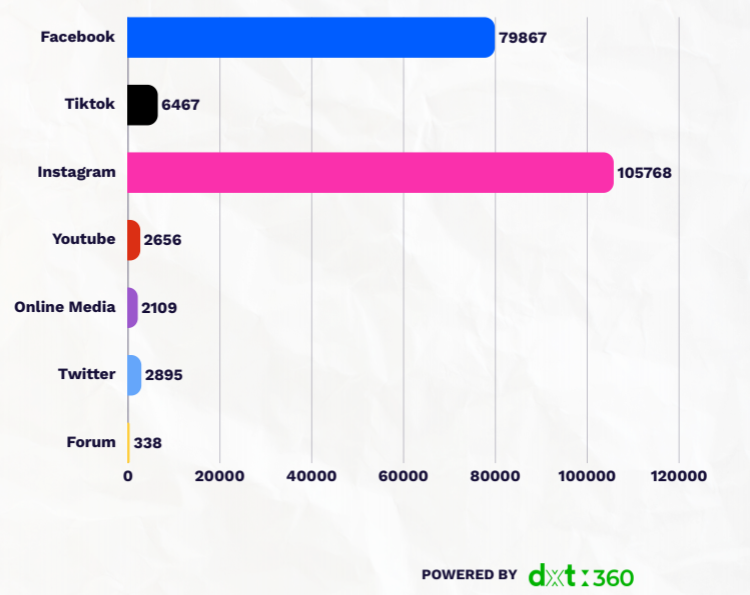
Instagram and Facebook were the epicentres of commentary, with visuals of the viral photo circulating widely alongside critical memes and parody videos.
 Key Topics That Drove the Conversation
Key Topics That Drove the Conversation
1. Criticism of Prime Minister Anwar Ibrahim and the Madani Government (56%)
The most dominant thread across social platforms revolved around discontent with the Prime Minister and his administration. The viral photo of Anwar Ibrahim reading BRICS documents mid-flight, which was intended to project diligence and leadership, was swiftly reframed by the public as performative — a carefully curated image devoid of meaningful impact. The moniker “Bapa Percukaian” (Father of Tax) emerged as a pointed symbol of this frustration, encapsulating wider resentment towards perceived overreach in taxation policy and rising living costs. Netizens felt that the Madani government had become preoccupied with global appearances while neglecting pressing domestic needs. What was meant to humanise leadership instead reinforced perceptions of disconnect.
2. Scepticism Towards Economic Policy (18%)
Comments expressing doubt about Malaysia’s economic direction underscored a larger narrative of fiscal fatigue. Malaysians questioned the logic behind repeated tax studies, the reintroduction of SST over GST, and perceived inconsistencies in subsidy reform. The BRICS narrative, when viewed through this lens, became an extension of economic policy anxieties — with many wondering if Malaysia’s global alliances would result in increased financial strain for the rakyat. The sarcasm embedded in remarks such as “studying new ways to tax” reflected a broader exhaustion with what was seen as circular policy-making that offered few tangible benefits to ordinary citizens.
3. Disappointment with Broken Promises (10%)
This theme highlighted a growing sense of betrayal. Many netizens referenced campaign pledges — to abolish GST, reduce fuel prices, and eliminate tolls — that had not materialised. The BRICS Summit, for these users, signified a redirection of focus. Rather than confronting unresolved domestic commitments, the government appeared to be seeking legitimacy and prestige abroad. The disappointment stemmed not only from broken promises but from the perception that the government had deprioritised the socioeconomic realities faced by Malaysians in favour of international stagecraft.
4. Support for Prime Minister Anwar (8%)
Amidst the criticism, there remained a cohort of users who expressed support and empathy for the Prime Minister. These comments often acknowledged the symbolic importance of BRICS participation, lauded Malaysia’s vocal stance on humanitarian issues like Gaza, and framed Anwar’s leadership as courageous within a complex global environment. Supporters praised his work ethic, diplomatic visibility, and long-term strategic thinking — viewing these efforts as laying the groundwork for Malaysia’s future influence. Still, their optimism was tempered by recognition that domestic outcomes would ultimately define success.
5. Debate on Malaysia’s Global Role (8%)
This final theme revealed an ideological divide. Some Malaysians celebrated the country’s increased involvement in multilateral frameworks like BRICS, seeing it as a timely response to shifting geopolitical and economic currents. Others, however, raised fundamental questions: What concrete benefits would BRICS bring? Would Malaysia’s voice carry any weight among economic giants? Was the country ready to navigate the pressures that came with global exposure? The concern was less about global ambition itself and more about whether such ambition had been underpinned by strategic clarity and national readiness.
 Word Cloud Analysis:
Word Cloud Analysis:
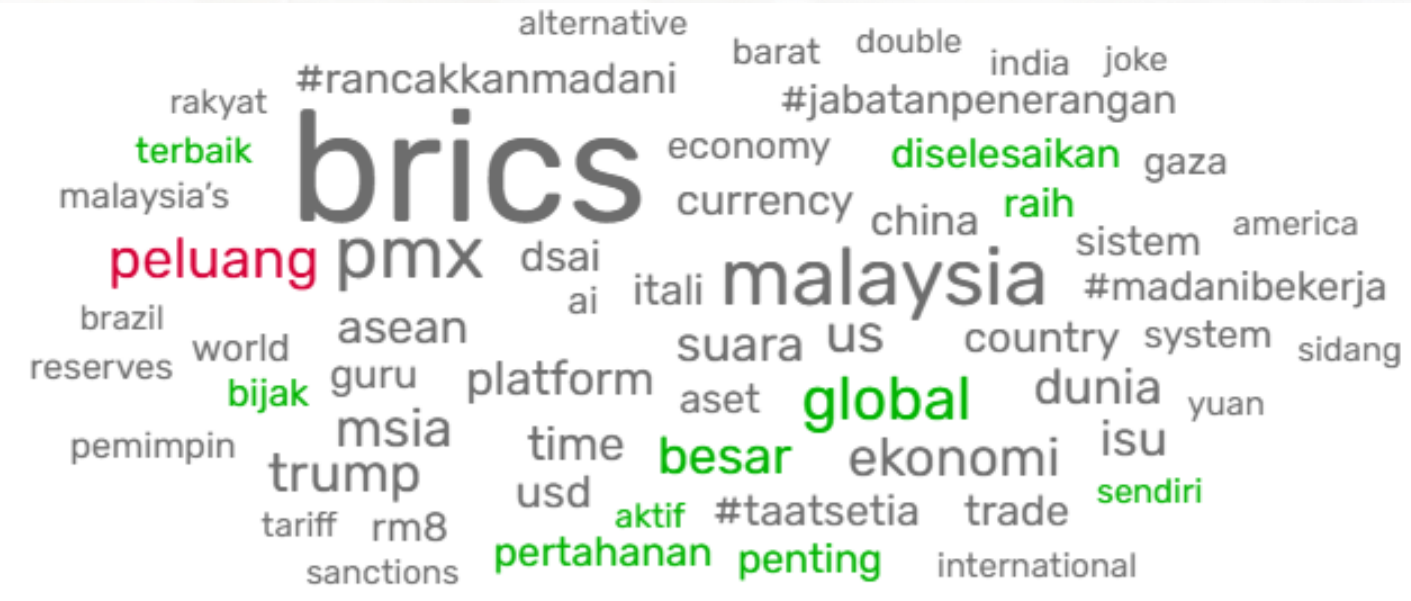
The keyword patterns extracted from the public discourse reflected a complex intersection of ambition, concern, and cultural commentary — all centred around Malaysia’s involvement in the BRICS alliance.
1. Global Ambition and Economic Positioning
Terms such as “BRICS”, “global”, “Malaysia”, “platform”, “ekonomi”, “USD”, “currency”, “aset” (asset), and “RM8” (RM8.5 billion) showed that Malaysians recognised the economic potential tied to the BRICS platform. The narrative of Malaysia stepping into a larger economic arena resonated with those who hoped for increased foreign investment, currency diversification, and trade resilience. However, the frequency of these terms also revealed a dual sentiment — one that balanced pride with doubt. While Malaysia’s entry into BRICS was acknowledged as a strategic leap, many questioned whether such ambitions would deliver measurable, transparent outcomes at home.
2. Leadership, Public Image, and Diplomatic Performance
The inclusion of keywords such as “PMX”, “pemimpin” (leader), “suara” (voice), “guru”, “terbaik” (best), “bijak” (wise), “aktif” (active), “Trump”, “US”, “China”, and “ASEAN” placed the spotlight firmly on the Prime Minister’s global visibility. The public dissected Anwar’s performance not just as a statesman, but as a representative of Malaysian values and political capability. While some celebrated his assertiveness on the global stage, others interpreted it as part of a broader political performance — particularly when juxtaposed against unmet domestic expectations. The photo of Anwar studying BRICS materials became the focal point of this narrative, prompting ongoing debate about the role of optics in leadership.
3. Security, Humanitarian Advocacy, and the Gaza Issue
Mentions of “Gaza”, “pertahanan” (defence), “platform”, and “dunia” (world) underscored Malaysia’s efforts to align itself with causes of global justice. Many Malaysians welcomed the Prime Minister’s stance on Palestine and vaccine equity, viewing it as a principled use of BRICS visibility. These topics lent credibility to Malaysia’s image as a compassionate yet assertive player in multilateral discourse. However, even within this theme, there was cautious reflection — with some users pointing out that humanitarian advocacy, while commendable, should not overshadow unresolved challenges within Malaysia’s borders.
 Sentiment Breakdown
Sentiment Breakdown
Negative 80%
Dominated by criticism toward taxation, unmet promises, and the perceived disconnect between diplomacy and rakyat priorities. The term “Bapa Percukaian” trended across platforms.
Neutral 10%
Factual updates, humour, and reserved observations on BRICS outcomes. Some posts analysed Malaysia’s economic outlook without strong emotional tone.
Positive 10%
Supporters praised Malaysia’s visibility, Anwar’s leadership, and the potential of BRICS to deliver long-term economic partnerships.
 What Netizens Were Saying
What Netizens Were Saying
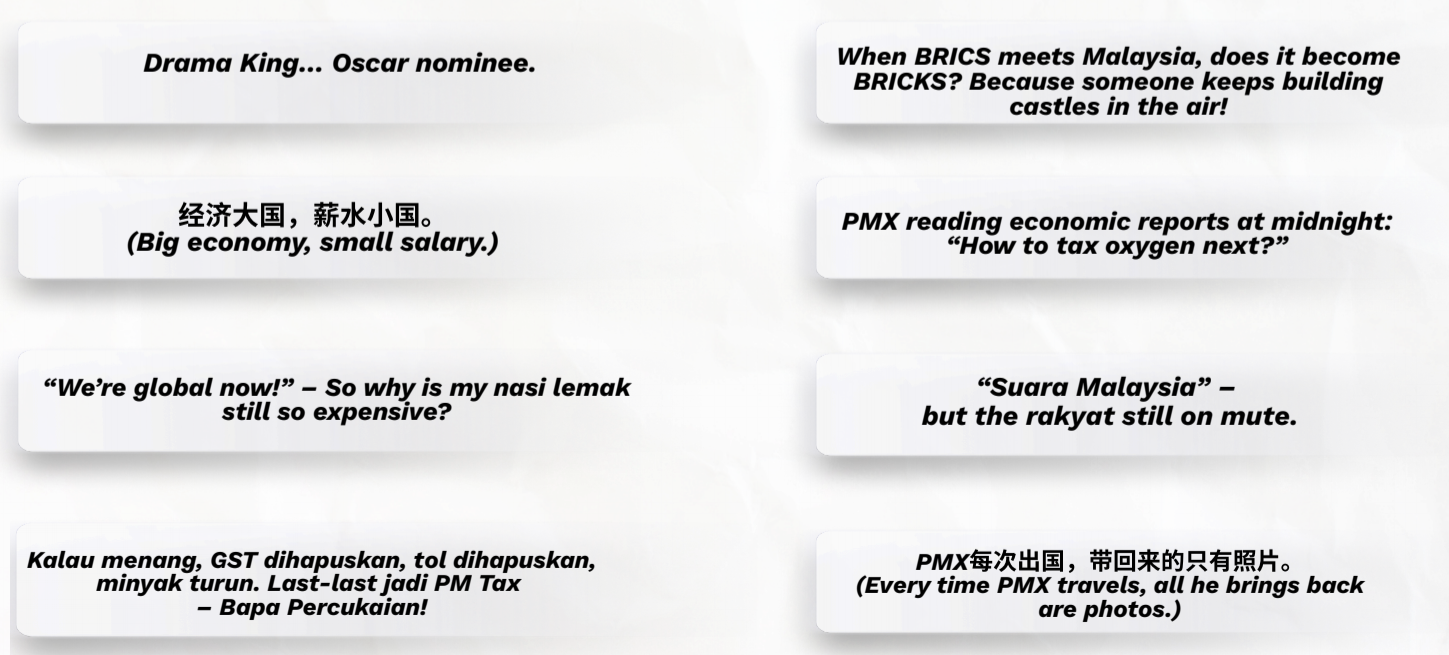
 Final Takeaways
Final Takeaways
- Malaysia’s BRICS participation was a globally significant move — but domestically, it triggered more questions than celebration.
- Viral imagery and public perception can reshape a government narrative in mere hours.
- The rakyat’s core demands — affordability, fairness, transparency — remain unsatisfied by global rhetoric alone.
- Listening to online sentiment isn’t just about tracking controversy. It’s about closing the trust gap before it widens.
 Final Thought
Final Thought
For Malaysia, the BRICS Summit represented an opportunity to rise on the world stage. For its citizens, it was a moment of reflection — and resistance. Public opinion doesn’t reject ambition; it demands accountability. It asks whether the promise of global relevance will ever feel relevant at home.
At Dataxet Malaysia, we help organisations bridge this gap. Through our DXT360 platform, we transform online conversations into strategic insights — so you’re not just reacting to sentiment, but understanding what drives it.




